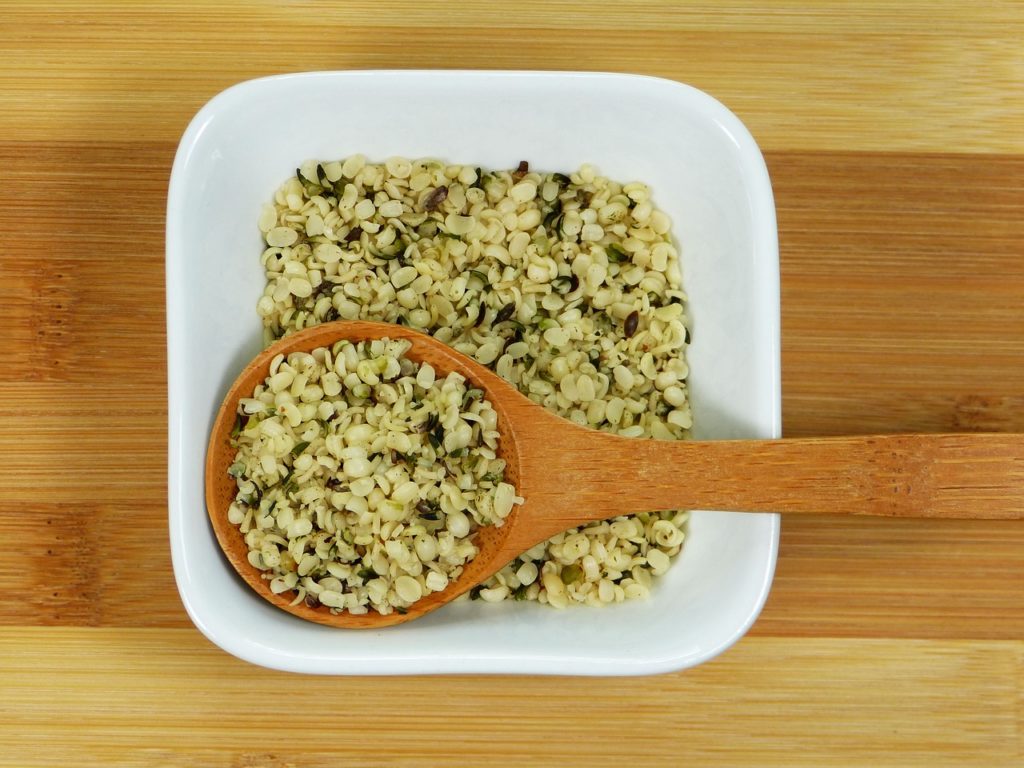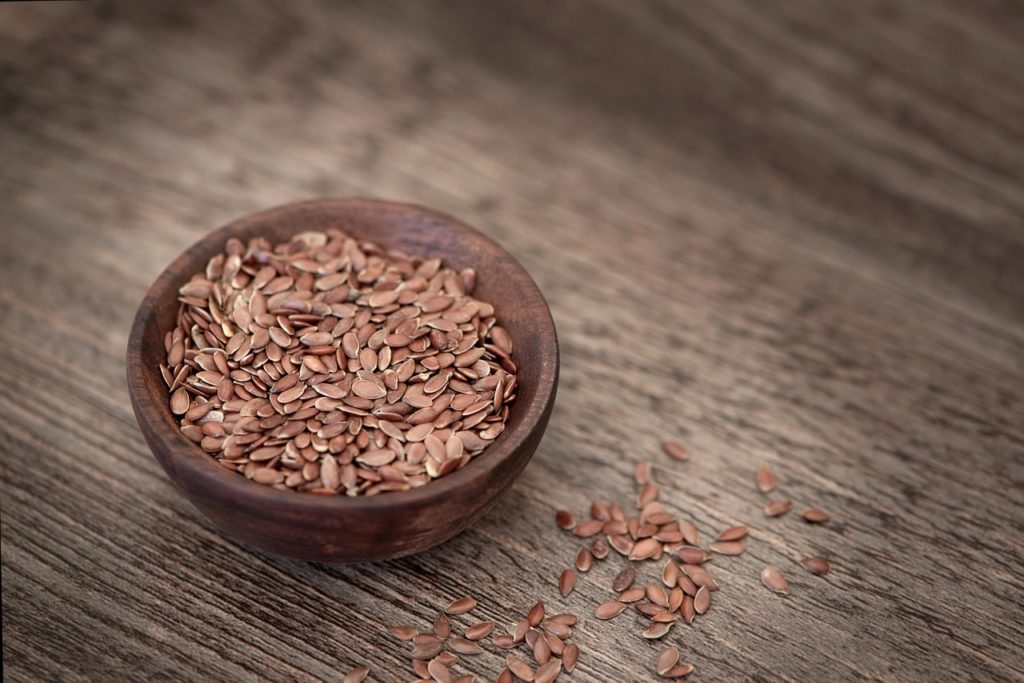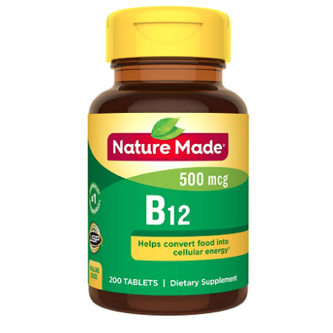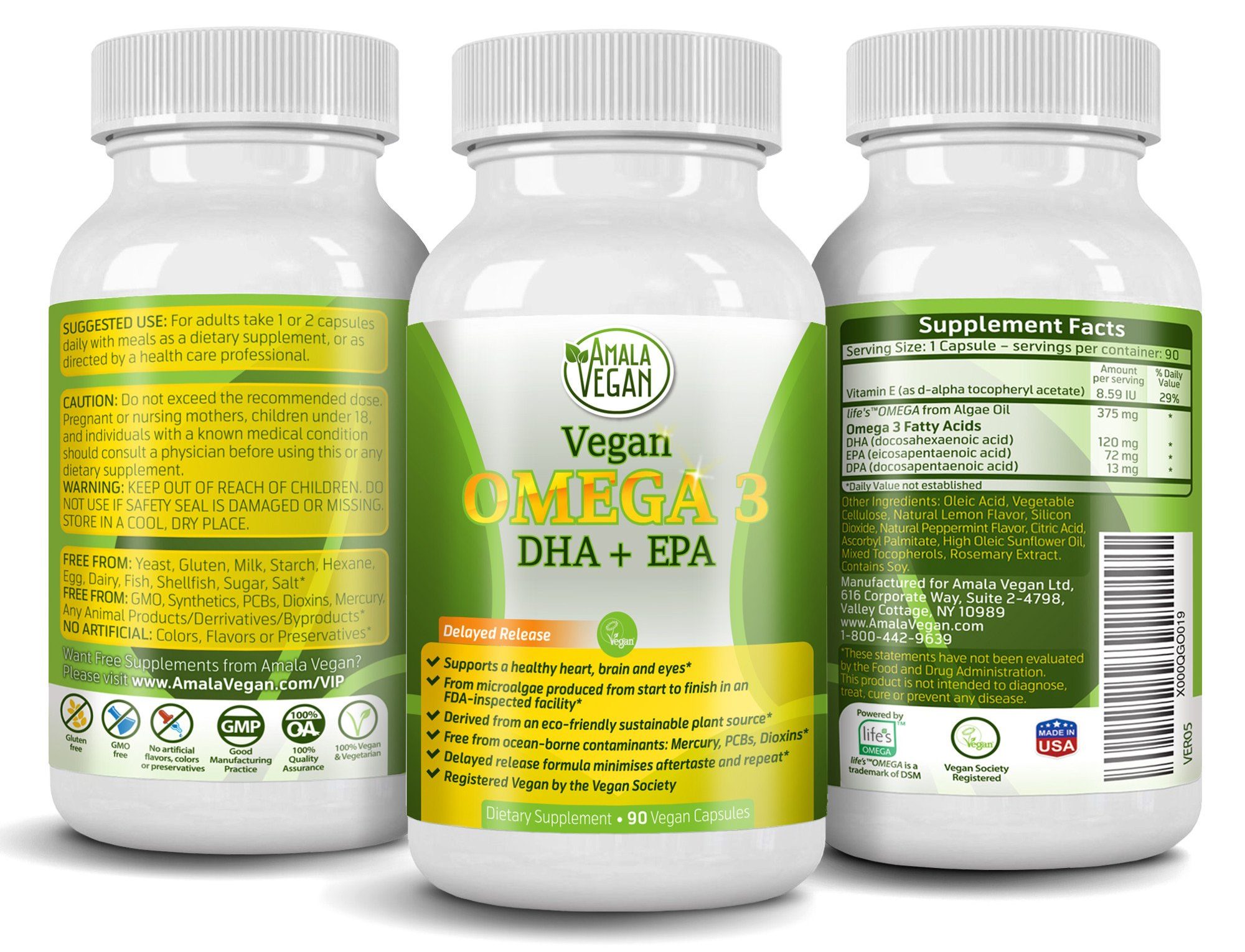Supplements
Amla Powder

Amla, or Indian Gooseberries, is known for being an abundant source of vitamin C and other potent antioxidants. The powder is lightly tart, sweet and refreshing. It is made from tree-ripened whole berries with the seeds removed, dried at low temperatures and finely ground to preserve the unique flavor and nutrition. Studies suggest it can help lower cholesterol, fight cancer growth and invasion, and may be beneficial for those with diabetes. Amla is one of the highest sources antioxidants; much much higher than even blueberries! I want to stress an important point here: this is not an isolated ingredient, it is a whole plant food that has been dried and turned to a powder. Serving suggestion is 1 teaspoon daily.
Hemp Seeds

Hemp seeds are a great source of protein and whole plant fat. When we talk about healthy fats and unhealthy fats, the kind that you should focus on is fat that is found NATURALLY IN FOODS. This means avoiding fats that have been extracted from foods such as oils. This also includes coconut oil. Our body processes ingredients, including fat, much better when they are consumed with the fiber, proteins, vitamins, and minerals also found in that same food.
Flax Seeds

Vitamin B-12

While this is more of a recommendation for the vegans and vegetarians out there, it doesn’t hurt to take it regardless. Many B-complexes contain B-12, which is produced by bacteria in the gut of animals and thus, found in many animal products such as meat. Many paleo and ketogenic diet “experts” will try to convince you that you need to eat meat for the Vitamin B-12, but we know that meat increases the risk for many types of cancer, especially colon cancer, as shown HERE. So stay away from meat and take your B-12. The recommended daily amount can be found HERE.
Omega-3 Fatty Acids (Algae-Based)

Supplements I Don't Recommend
If a supplement is an extract from a food, (vitamins, minerals, oils, CoQ-10, and many others) it is generally a waste of money unless used to treat or prevent a micronutrient deficiency. The majority of the supplements listed above are whole foods that have been preserved in some way. For biologically active compounds to work best, they need to be consumed with the fiber, vitamins, minerals, and other phytonutrients that also exist in that food.
Spirulina Powder
Co-Q 10
Vitamin C
Iron
Protein Powders
Protein powders are a complete waste of money. Most Americans eat WAY too much protein already. Many proponents of high protein diets say vegetarians can’t get enough protein, so eat meat, but also take protein powder. It’s almost comical if it wasn’t so pathetic. If you are taking protein powder I want you to know three facts: 1. You don’t need the extra protein, 2. You won’t gain muscle faster by taking more protein, 3. Extra calories, even in the form of protein, will lead to weight gain. Please source you protein from whole food sources. This means leave the powders, pills, and supplements at the store and focus on WHOLE FOODS like fruits, vegetables, beans, grains, and nuts/seeds. When you exercise, you raise your metabolism. Your body will naturally accommodate this by making you hungry. Eat more real food and you will get all the protein you need from it.
